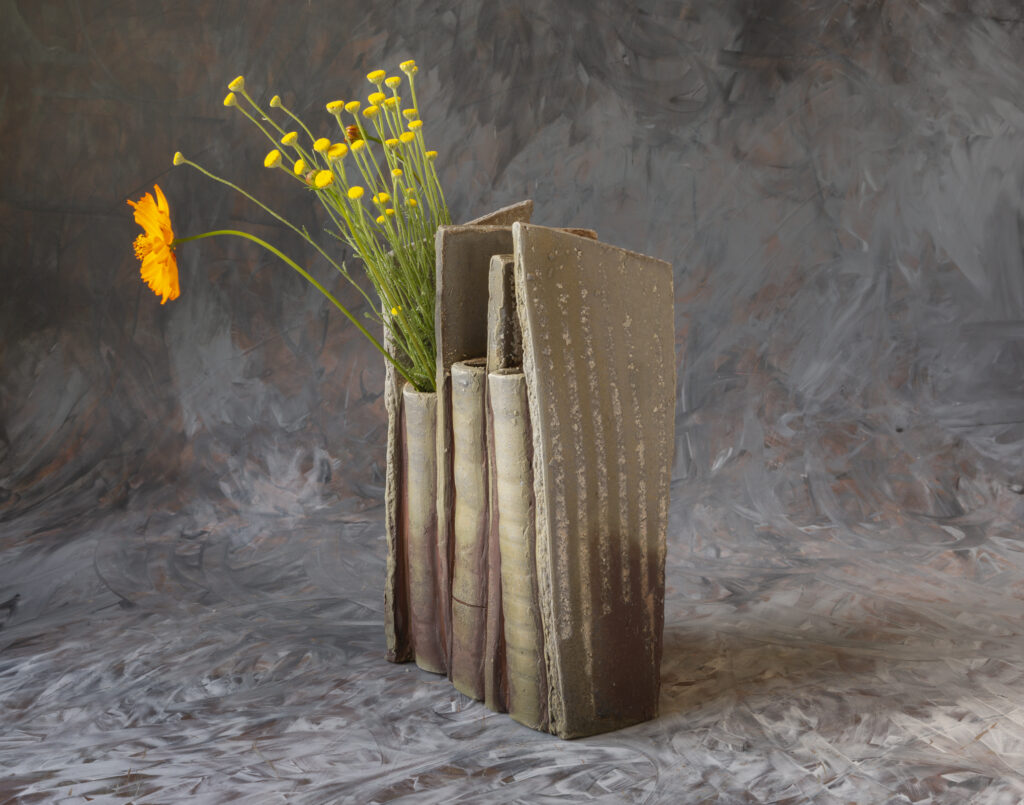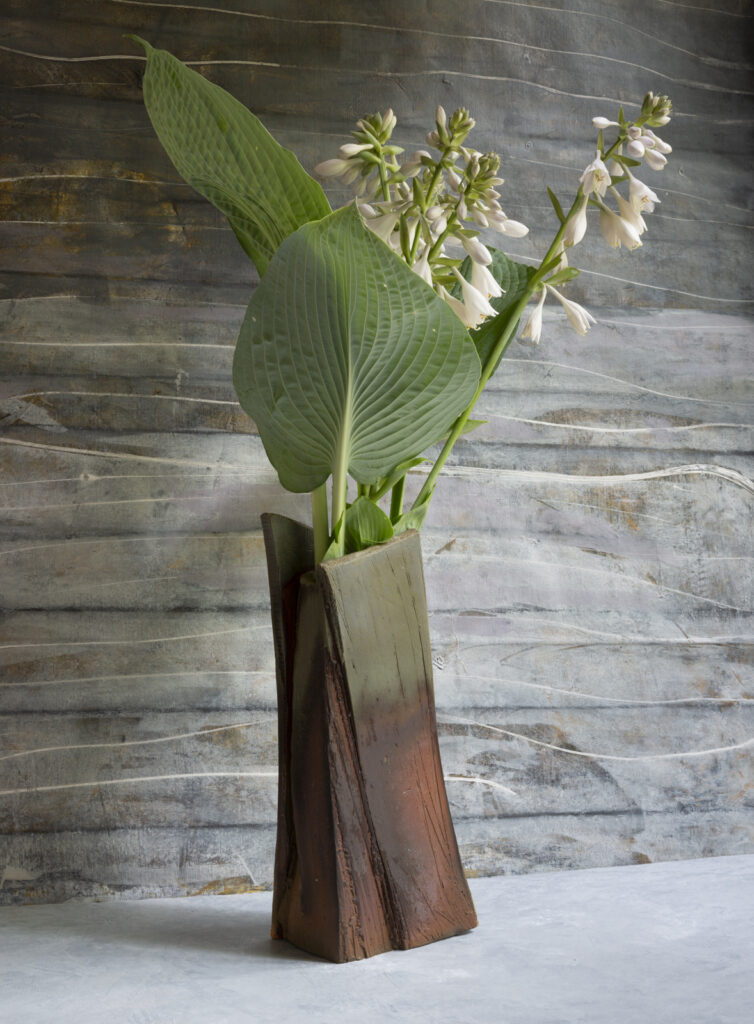Tonight, as we were saying goodbye at a weekend sale of paintings and other crafts I was introduced to another woman with the line, “do you know each other.” In fact, I did remember where and when we had met last fall and where she currently lives. These days my memory is like swiss cheese. I can be on solid ground remembering the names of esoteric Japanese potters and then I fall through a hole forgetting the name of my good friend’s daughter. But I also remember arguing with my mother in seventh grade when she would not let me go see the musical Hair. She said to me, “these are not the important things; you will not remember this.” But of course I do. Where now do I put this memory down, because of course she was right; it was not the important fact.

You remember too much,
my mother said to me recently.
Why hold onto all that? And I said,
Where can I put it down?
She shifted to a question about airports.
–Anne Carson, from The Glass Essay; Whacher, (starting line 84) in “Glass, Irony, and God,” New Directions Press, 1995








